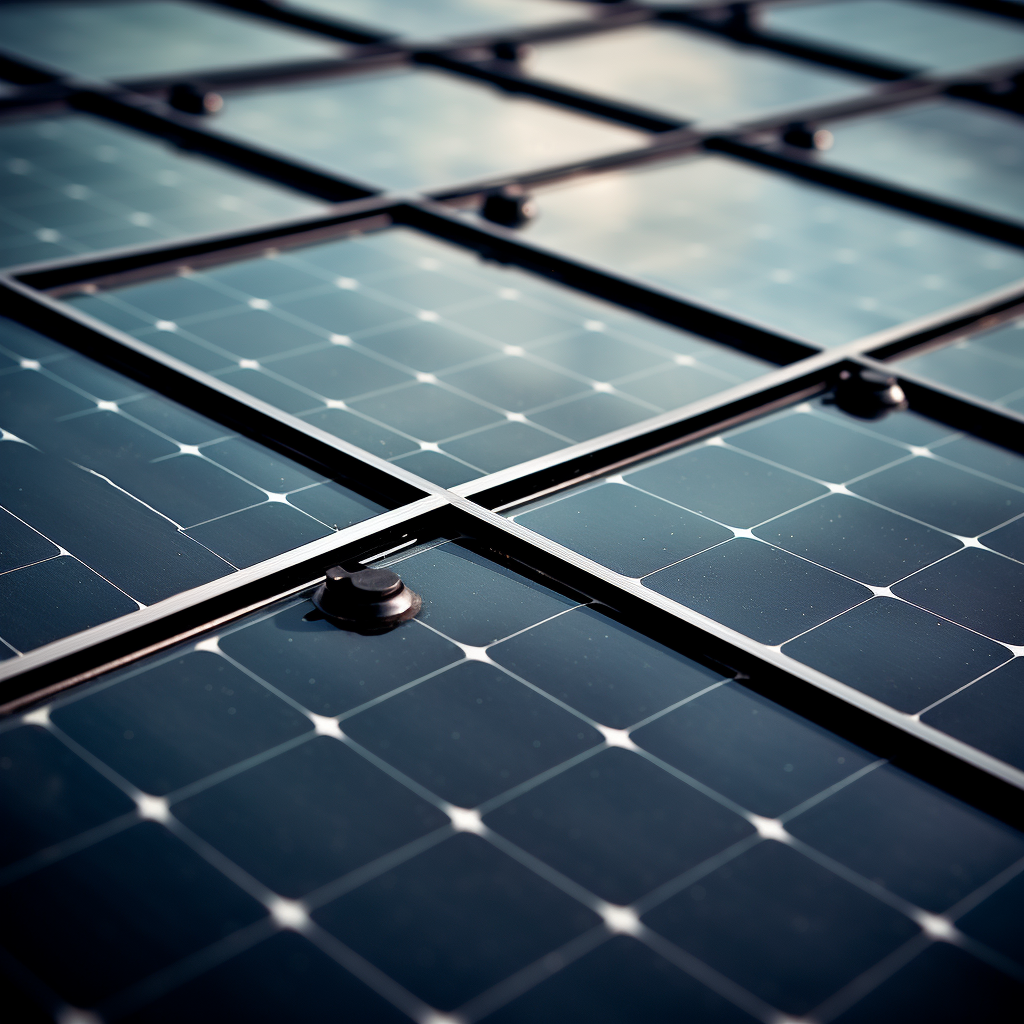Solar energy has been at the forefront of the renewable energy movement, offering a sustainable alternative to fossil fuels. Its adoption has grown exponentially in the past decade, thanks partly to the development of more efficient solar panel technologies. However, the effectiveness of these technologies can be influenced by geographical and climatic factors.
One intriguing question many experts and consumers alike have is: How does solar panel efficiency compare between regions with different weather profiles? Specifically, how do the UK’s cloudier, less sunny climes stand up against the sun-soaked Mediterranean areas when it comes to harnessing solar energy? Understanding this comparison is not just academic; it has practical implications for energy policy, consumer choice, and international energy trading.
This article delves into this subject by examining the scientific principles governing solar panel efficiency and the empirical data from the UK and Mediterranean regions.
The Fundamentals of Solar Panel Efficiency
The Science Behind Photovoltaics
Solar panels operate on the principle of the photovoltaic effect, where sunlight hitting a semiconductor material like silicon generates electric current1. The efficiency of this process depends on various factors, such as the type of solar panel, the angle of incidence, and the intensity of the sunlight.
Types of Solar Panels
Three main types of solar panels are widely used: monocrystalline, polycrystalline, and thin-film. Monocrystalline panels typically offer the highest efficiency but have a higher price tag. Polycrystalline panels offer medium efficiency at a more reasonable cost, while thin-film panels are the least efficient and most affordable2.
The Importance of Climate
Climatic factors, such as temperature and sunlight availability, can significantly influence solar panel efficiency. For instance, higher temperatures can decrease the efficiency of silicon-based panels, while more consistent sunlight can dramatically improve energy generation3.
Solar Panel Efficiency in the UK
Sunlight and Climate
The UK’s climate is often characterized by cloudy skies and less intense sunlight, which has led many to question the viability of solar power in the region. However, solar panels can still function under less-than-ideal conditions, even if their efficiency may be reduced4.
Government Initiatives
The UK government has implemented policies encouraging solar energy adoption despite its climate. Initiatives like the Smart Export Guarantee allow homeowners to sell excess solar energy back to the grid, providing an economic incentive for solar panel installations5.
Adoption and Public Perception
Solar panel installations have seen a steady rise in the UK, especially among homeowners and small-scale commercial setups. This has been fueled in part by falling costs and increased public awareness about the environmental benefits of renewable energy6.
Solar Panel Efficiency in Mediterranean Regions
Climate and Sunlight
Mediterranean regions such as Spain, Italy, and Greece have a considerable advantage regarding sunlight availability. The warmer, sunnier climate often leads to higher efficiency levels for solar panels, sometimes making it easier to generate a surplus of energy7.
Policy Support
Mediterranean countries also provide various incentives for solar energy adoption, although the natural efficiency of solar installations in these climates often makes them more cost-effective from the outset8.
Trends and Future Prospects
With abundant sunlight and supportive policies, solar energy has seen a substantial uptick in Mediterranean regions. Many countries invest in large-scale solar farms, which provide a renewable power source and create job opportunities in the renewable energy sector9.
A Homeowner’s Guide to Solar Panel Efficiency
If you’re a homeowner in the UK or the Mediterranean region and have been considering installing solar panels, understanding the efficiency landscape can guide your decision-making process. Don’t be disheartened by the UK’s cloudy climate; technology and policy are catching up to make solar energy a feasible option even in less sunny locales1. The abundance of sunlight in Mediterranean regions naturally makes this option more straightforward.
Still, both scenarios offer compelling economic, environmental, and ethical reasons to invest in solar technology. Financial incentives, including feed-in tariffs or the Smart Export Guarantee in the UK, can offset your initial costs and provide ongoing benefits2.
Before investing, get your property assessed for its solar potential. Both regions have professionals who can evaluate your specific conditions—roof angle, sunlight exposure, and local weather patterns—to recommend the most efficient system for your home.
Research the types of panels that could best suit your geographical and climatic conditions, as different solar panels offer different efficiency rates3. The aim is not just to adopt renewable energy but to do it as efficiently and effectively as possible.
Conclusion
Solar panel efficiency is influenced by many factors, with geographical location being a significant determinant. The UK and Mediterranean regions have shown commitment to renewable energy, albeit with varying degrees of natural advantages and challenges.
While the UK may have to contend with less optimal climate conditions, technological advances and government policies are helping to make solar energy a viable option.
On the other hand, Mediterranean regions are already well-positioned to capitalize on their natural resources and are making significant strides in large-scale solar energy projects.
References
- “The Photovoltaic Effect: Principles and Applications,” Journal of Solar Energy.
- “Comparative Analysis of Solar Panel Efficiency,” Renewable Energy Journal.
- “Climate Factors Affecting Solar Panel Efficiency,” Journal of Renewable and Sustainable Energy
- “Solar Power in Cloudy Climates,” Energy Policy Journal
- “Smart Export Guarantee (SEG)”, GOV.UK,
- “Public Attitudes Towards Renewable Energy in the UK”, British Journal of Social Psychology.
- “Solar Energy in Mediterranean Climates,” Renewable Energy Journal.
- “Energy Policies in Mediterranean Countries,” Journal of Energy Policy.
- “Future of Renewable Energy in Mediterranean Regions,” Energy Strategy Reviews.

Leave a Reply